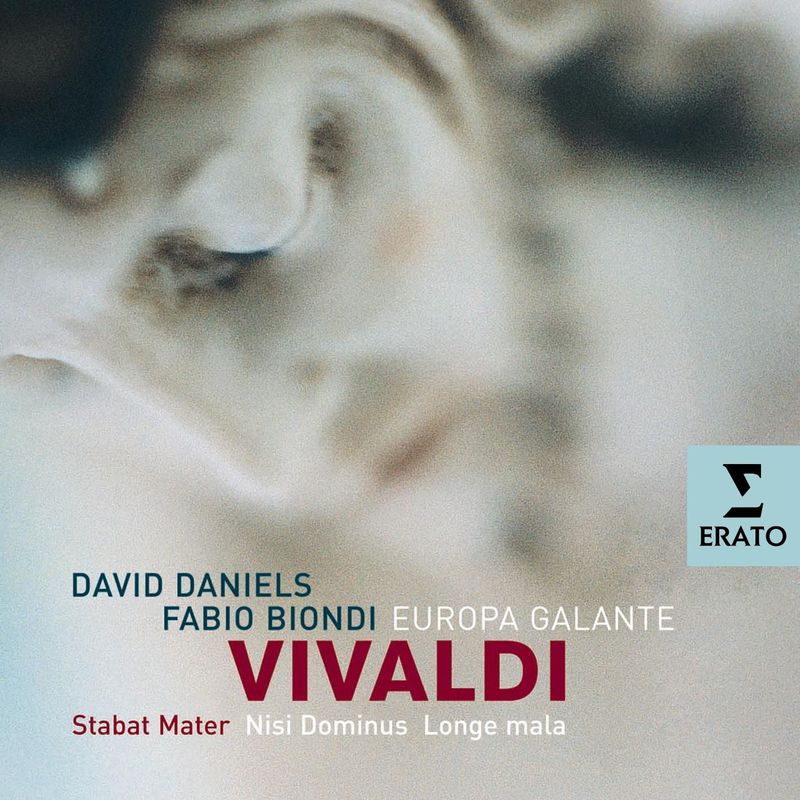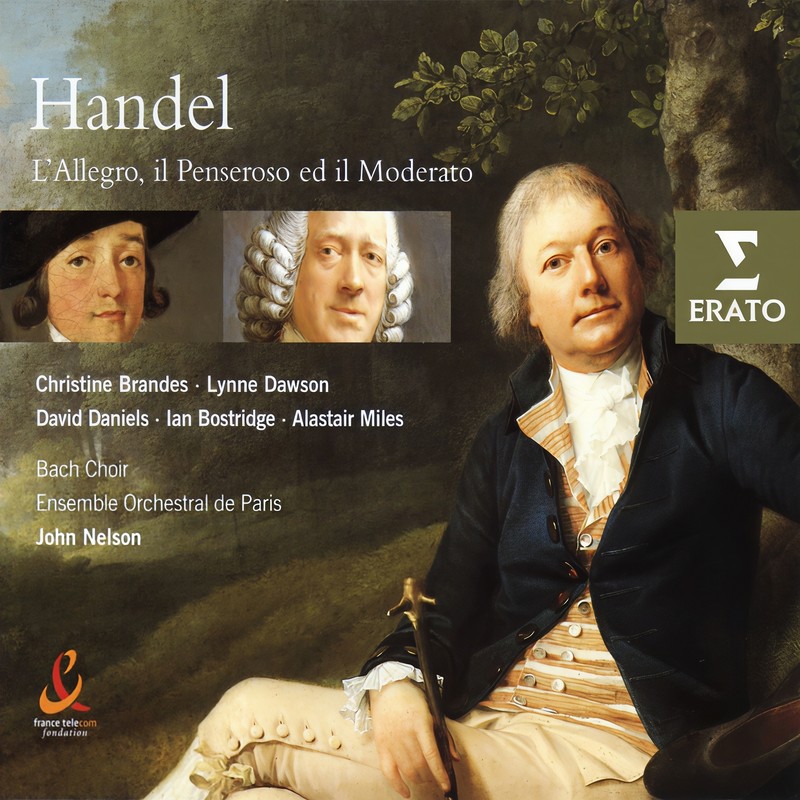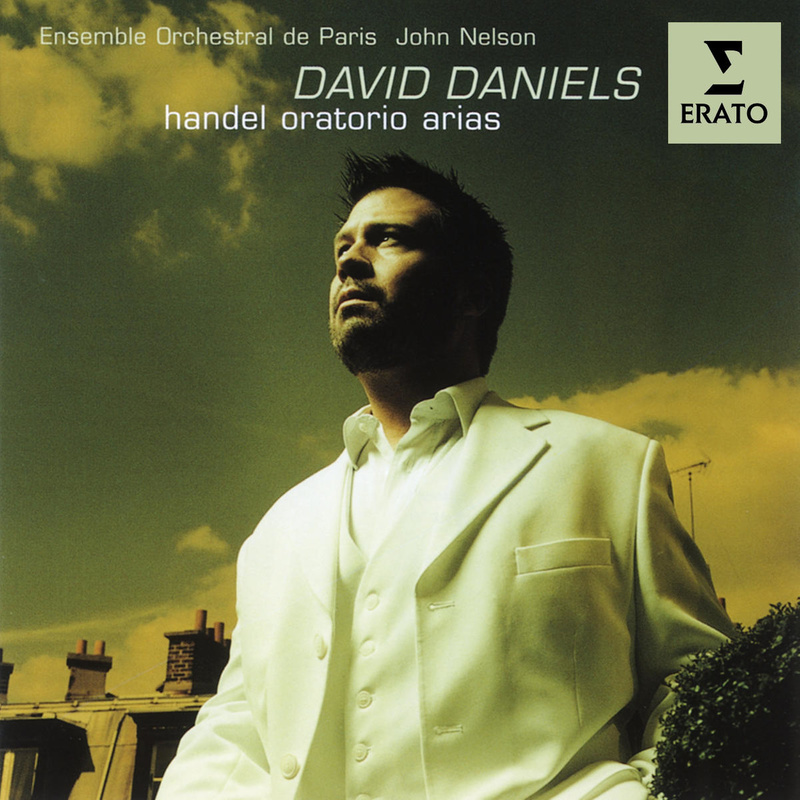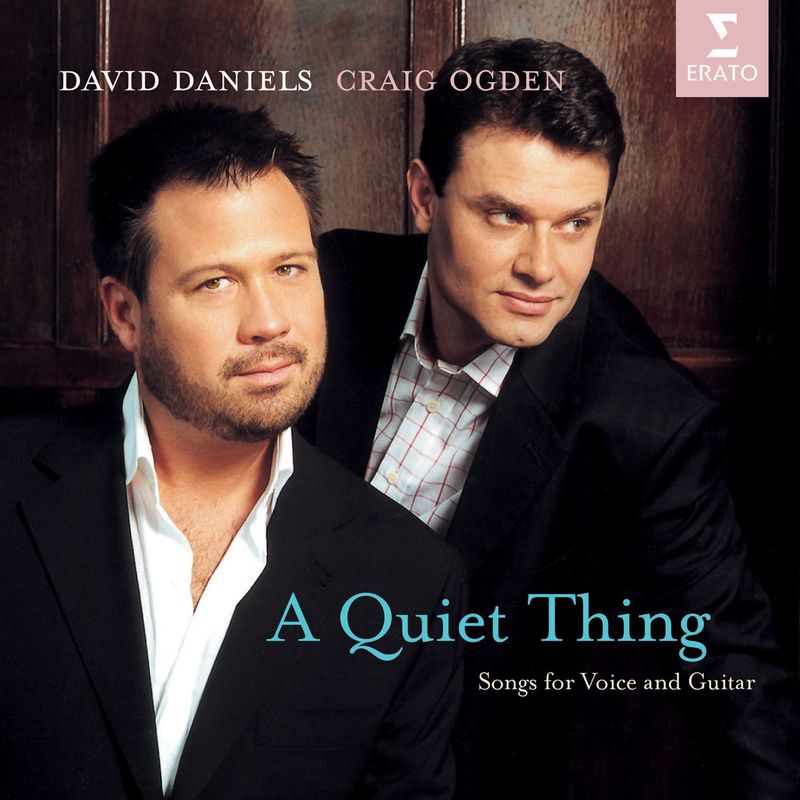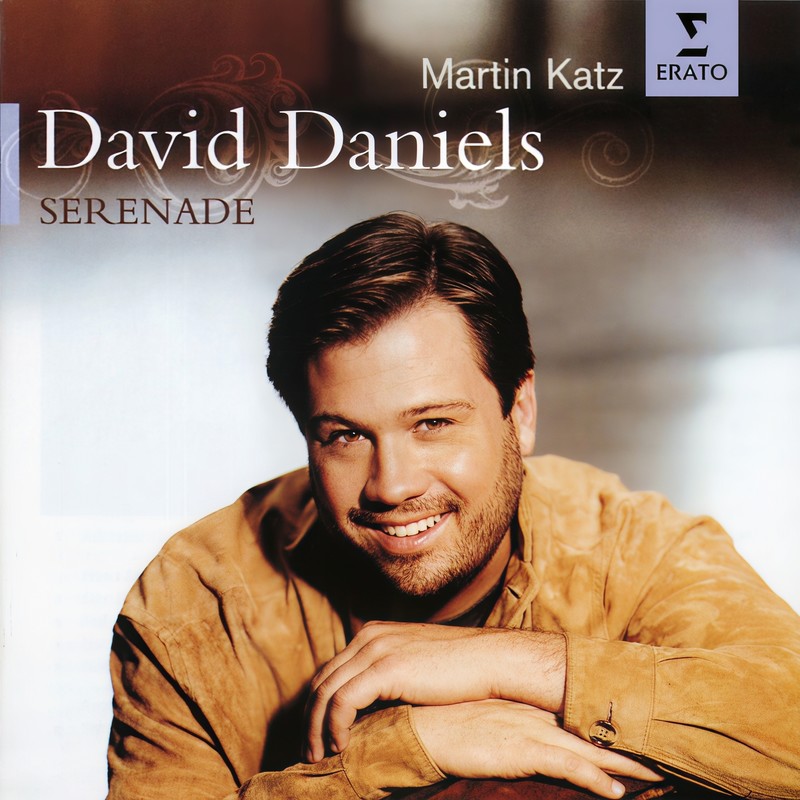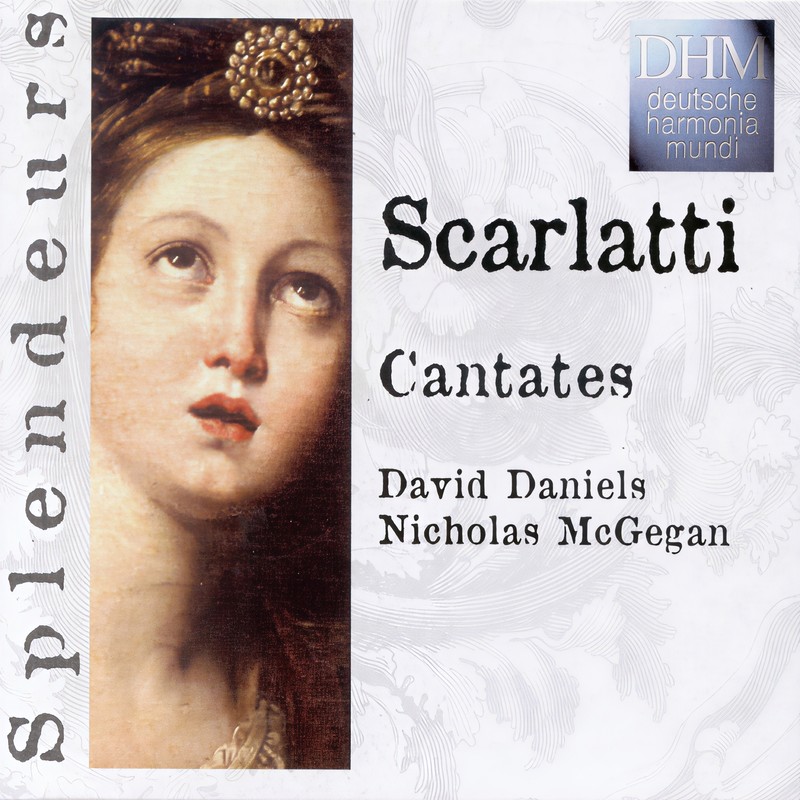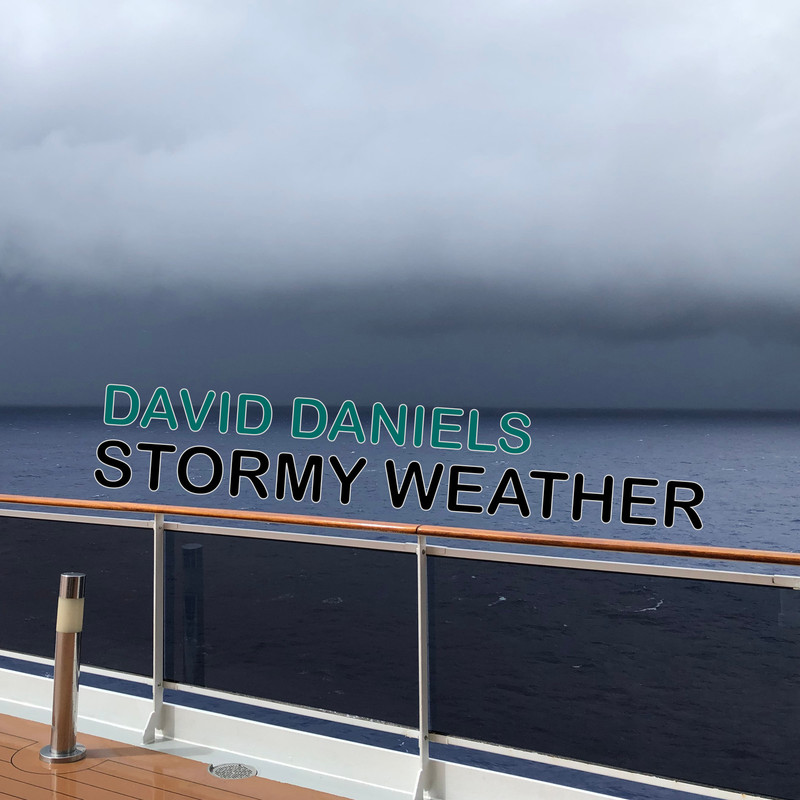
Berlioz: Les Nuits d'été
David Daniels
2004-05-04
专辑简介
overs of great singing, rejoice! David Daniels is branching out from the baroque repertoire that made him famous and proving that he can be equally at home anywhere in the literature. He makes these French songs sound as if they had been written for him, though in fact Berlioz intended his cycle to be sung by different voices. Daniels brings out the songs' infinite variety of mood, atmosphere and character with total identification. His vocal range and palette of nuance, color and inflection seem unlimited; he can brighten his voice like a soprano's or darken it like an alto's, as the expression demands, without losing his flawless intonation, legato or breath-control. Berlioz' wonderful, deeply moving settings of love poems by Gautier begin with a sunny, carefree song and end with a joyous, fanciful one, but the other four are dark and mournful, lamenting the absence, loss or death of the beloved with numb or passionate anguish. No. 4, "The Absence," is based on Berlioz' favorite interval of despair, the hollow tritone. By contrast, Ravel's five songs on anonymous texts are bright and spirited, full of wit, humor and fun, and successfully combine a feeling of folk music and folk dance with ironic sophistication. Fauré's affinity for the poetry of Verlaine inspired some of his finest songs. The three recorded here are charming, lyrical, airy and lilting, with sweeping, surging accompaniments. All three composers were famous for their mastery of instrumentation, and their orchestrations are indeed fabulous: colorful, glittering, evocative of mood and atmosphere. (Manuel Rosenthal, who orchestrated three of Ravel's songs, caught the master's style very well.) The orchestra is excellent; perhaps to showcase the principal players and create variety, there are three instrumental numbers: "Pantomime" from Berlioz' opera "Les Troyens," Ravel's "Pavane une infante de'funte" for solo clarinet and horn, and Fauré's "Elegy" for solo cello, all played beautifully.
专辑曲目
1
Clair De Lune Op.46 No.2 - Daniel Arrignon
David Daniels
2
IV - Chanson Des Cueilleuses De Lentisques
David Daniels
3
I - Le Reveil De La Mariee
David Daniels
4
Elegie Pour Violincelle Et Orchestre En Ut Mineur, Op.24
David Daniels
5
En Sourdine Op.58 No.2 - Daniel Arrignon
David Daniels
6
V - Tout Gai!
David Daniels
7
III - Quel Galant M'est Comparable
David Daniels
8
Absence
David Daniels
9
II - La-bas, Vers L'Eglise
David Daniels
10
Le Spectre De La Rose
David Daniels
11
Mandoline Op.58 No.1 - Daniel Arrignon
David Daniels
12
L'Ile Inconnue
David Daniels
13
Au Cimetiere
David Daniels
14
Pavane Pour Une Infante Defunte - Daniel Catalanotti
David Daniels
15
Les Troyens: Pantomime De L'Acte II - Richard Vieille
David Daniels
16
Sur Les Legunes
David Daniels
17



